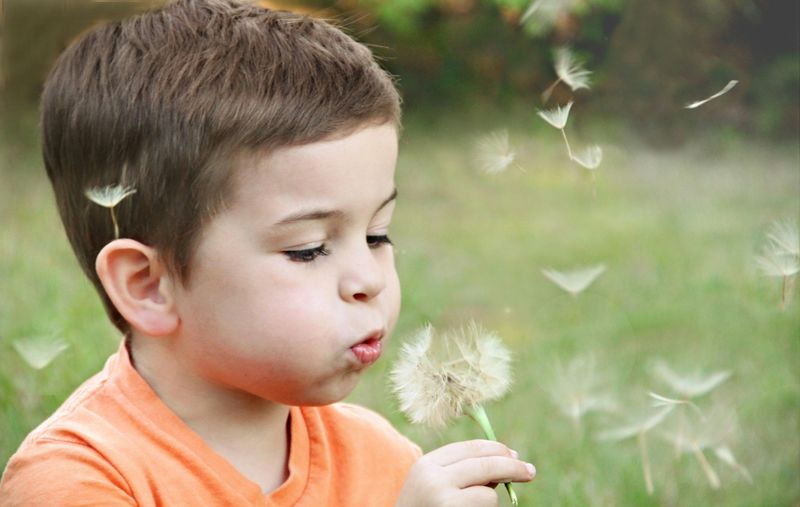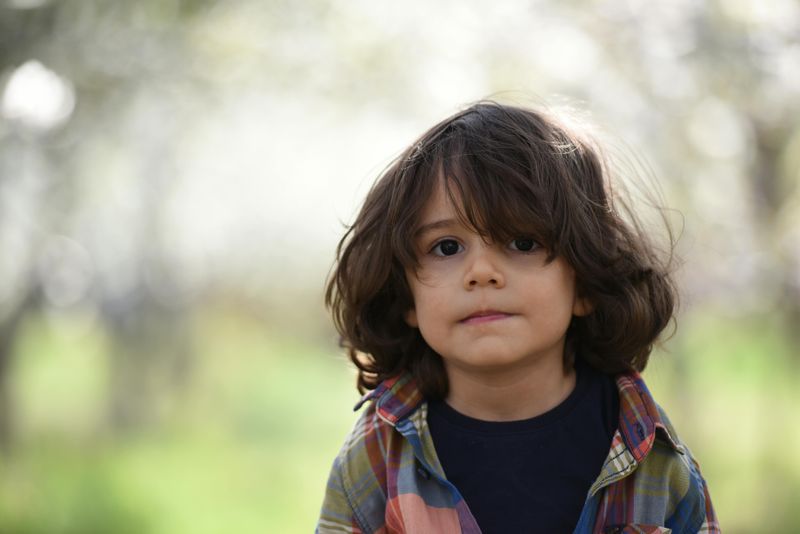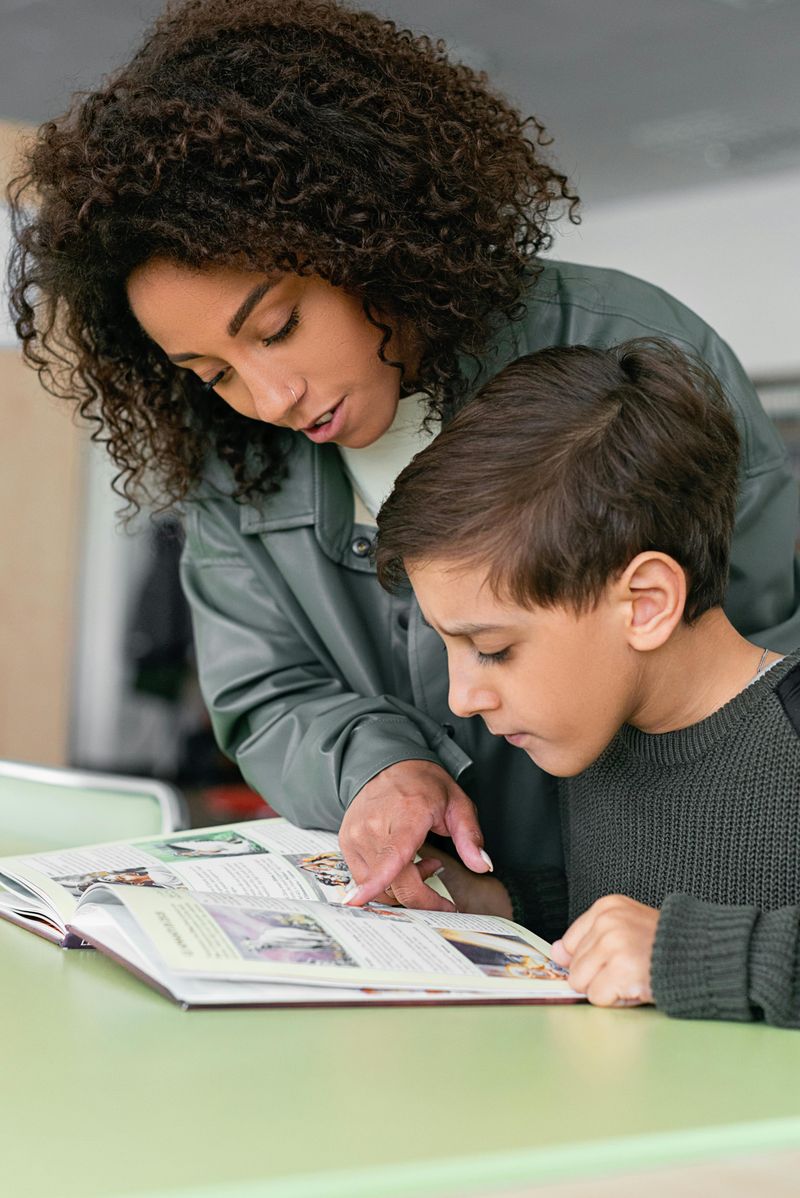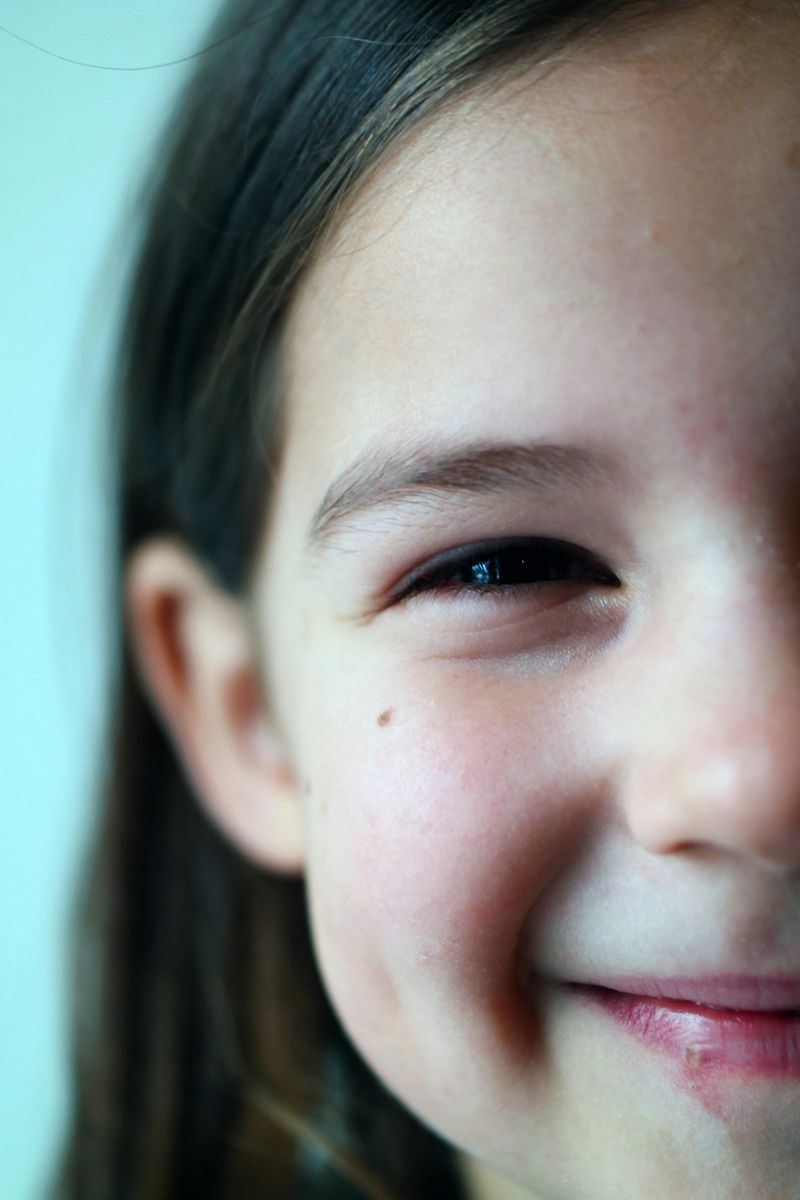7 Powerful Ways a Child’s Self-Esteem Affects How They Heal After Divorce
When parents separate, a child’s sense of self can become their anchor in stormy waters. Children experience divorce differently based largely on how they value themselves. Their self-esteem acts like an internal compass, guiding how they navigate this major life change and influencing their ability to heal in healthy ways.
1. It Shapes How They Interpret the Divorce

The stories children tell themselves about divorce reveal their self-worth. Kids with strong self-esteem recognize that adult relationships end for complex reasons beyond their control. They understand that mom and dad’s problems belong to mom and dad.
Children struggling with poor self-image often assume responsibility for their parents’ separation. “If only I behaved better” or “If I was more lovable” become their painful inner narratives. These misconceptions can fester for years without intervention.
Parents can help by explicitly telling children the divorce isn’t their fault, while therapists can guide them toward healthier interpretations of family changes.
2. It Influences Their Emotional Resilience

Emotional resilience functions like a psychological immune system during family transitions. Children who believe in their own worth approach divorce challenges with greater confidence, knowing they’ve overcome difficult situations before.
Kids with fragile self-esteem often crumble under similar pressures. Their emotional responses may swing dramatically between anger, withdrawal, and anxiety as they lack internal stability to weather the changes.
Building resilience happens through small victories and supportive relationships. When adults acknowledge children’s feelings while highlighting their strengths, they plant seeds of emotional durability that will serve these young people throughout life’s inevitable challenges.
3. It Impacts Their Ability to Form Healthy Relationships

Divorce can shake a child’s fundamental belief in relationships. Those with healthy self-esteem typically maintain faith in human connection despite witnessing their parents’ separation. They understand that one failed relationship doesn’t predict all future bonds.
Children with damaged self-worth often develop relationship anxiety. Some become people-pleasers, sacrificing their needs to prevent abandonment. Others build emotional walls, deciding early that close connections aren’t worth the inevitable pain.
Trusted adults can demonstrate relationship health through consistency and respect. Seeing how caring adults navigate disagreements without destroying connections teaches children that relationships can remain safe spaces even during conflict.
4. It Affects Their Coping Strategies

Self-assured children typically face divorce with healthier coping tools. They might keep journals, talk openly with trusted adults, or channel emotions into sports or creative activities. Their innate sense of worth empowers them to address feelings directly rather than burying them.
Kids with wounded self-esteem often resort to problematic coping mechanisms. Some retreat into fantasy worlds through excessive screen time. Others act out through defiance or aggression, unconsciously hoping to distract from the divorce pain.
Healthy coping skills can be taught through modeling and gentle guidance. When parents demonstrate self-care and emotional regulation during their own divorce journey, children gain invaluable tools for navigating life’s challenges.
5. It Determines How Much They Trust Each Parent

Children’s self-perception profoundly influences their post-divorce parent relationships. Those with solid self-esteem typically maintain secure attachments with both parents, understanding they deserve love from each regardless of the marital breakdown.
Kids struggling with self-worth often develop complicated loyalty dynamics. Some become emotional caretakers for a seemingly fragile parent. Others align strictly with one parent while rejecting the other, seeking certainty in an uncertain situation.
Parental behavior matters tremendously here. When parents consistently show up, avoid speaking negatively about each other, and respect boundaries, they reinforce their child’s worthiness of healthy relationships with both parents.
6. It Shapes Their Academic and Social Confidence

The classroom often reflects a child’s inner emotional landscape after divorce. Students with healthy self-regard typically maintain academic focus despite home disruption. Their identity isn’t solely defined by family structure, allowing them to preserve student and friend roles.
Children with fragile self-esteem frequently struggle academically during family transitions. Concentration becomes difficult when internal emotional noise drowns out learning. Social withdrawal or peer conflicts may emerge as divorce stress spills into school relationships.
Teachers and school counselors can provide crucial support by offering consistent structure and understanding. Special check-ins, homework accommodations, and social skills groups create safety nets that help vulnerable children maintain educational progress through family changes.
7. It Predicts Long-Term Emotional Well-Being

Self-esteem acts as the foundation upon which children build their adult lives after divorce. Young people who preserve or rebuild positive self-regard during family restructuring often develop remarkable emotional intelligence and relationship wisdom beyond their years.
Research shows children with damaged self-worth following divorce face higher risks of anxiety, depression, and relationship difficulties as adults. The narrative they internalize during this vulnerable time can echo through decades of future decisions.
The good news? Self-esteem remains remarkably responsive to intervention at any age. With appropriate support from parents, extended family, teachers, and sometimes therapists, children can transform divorce from a defining wound into a chapter of resilience in their life story.


Comments
Loading…